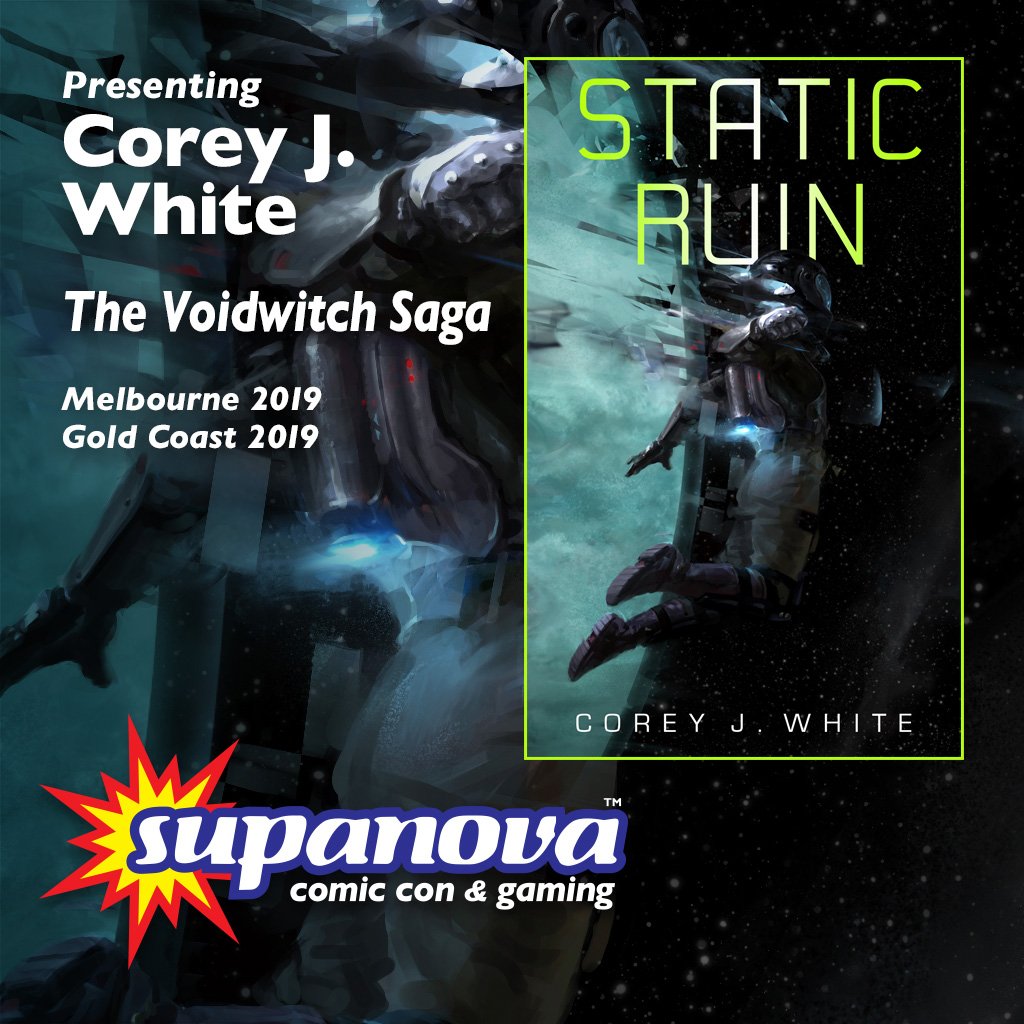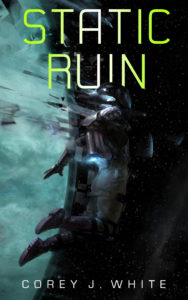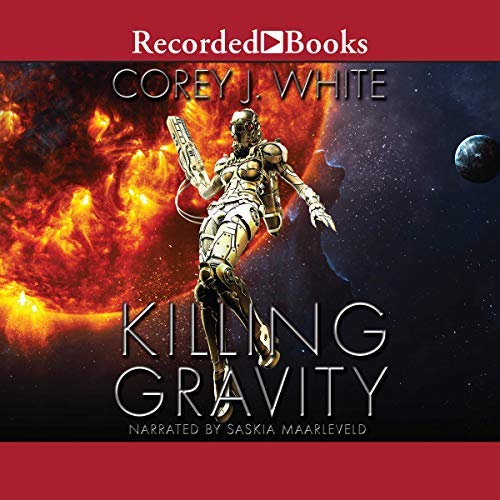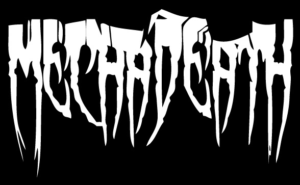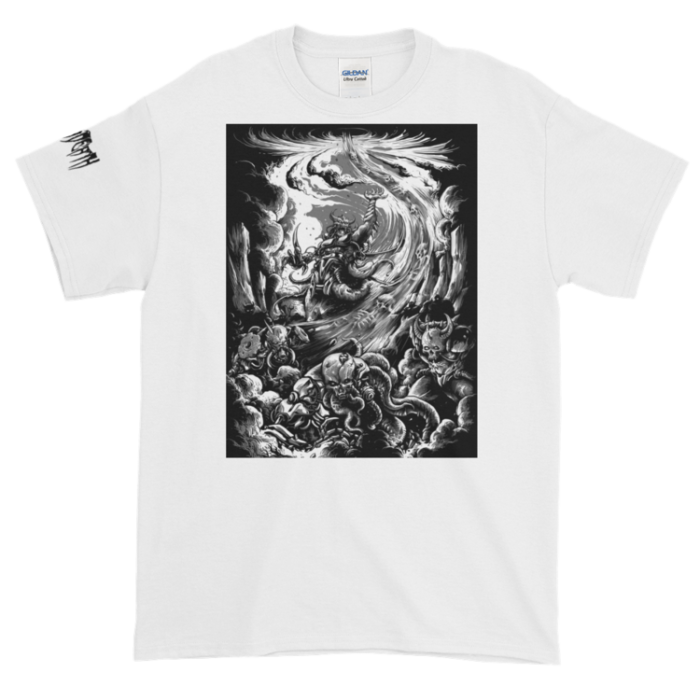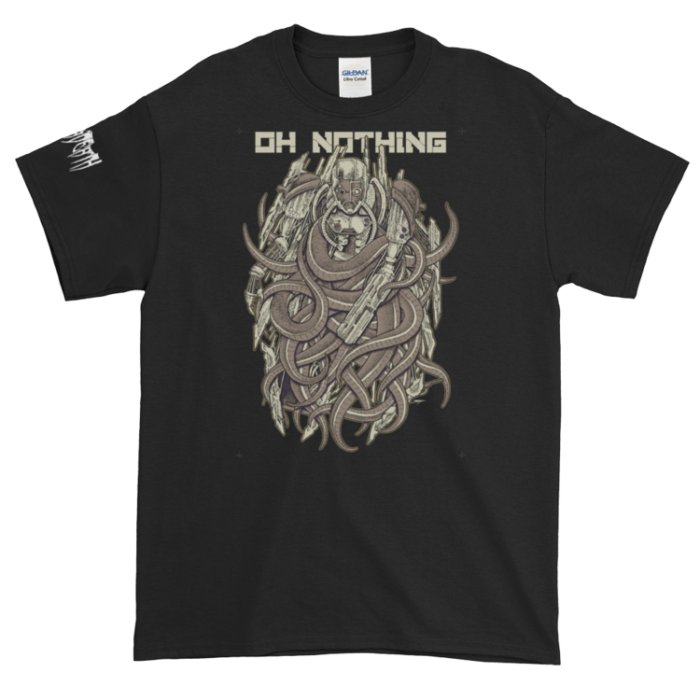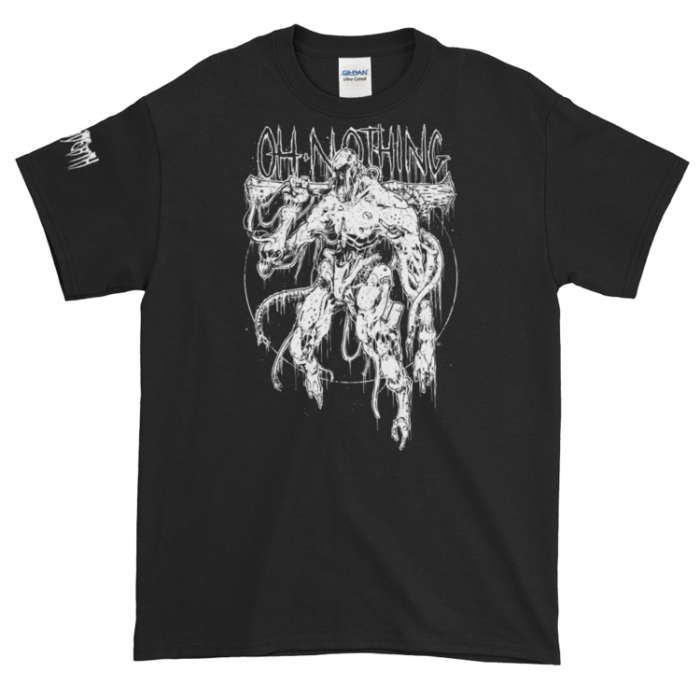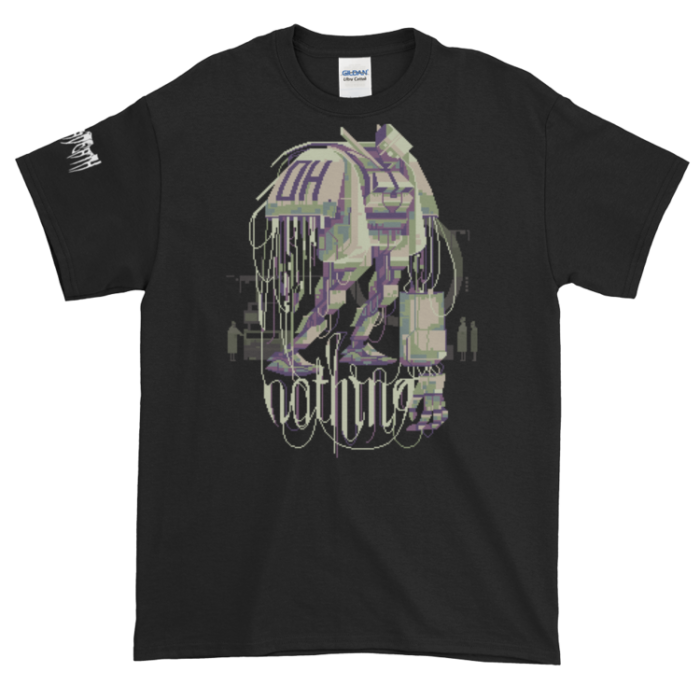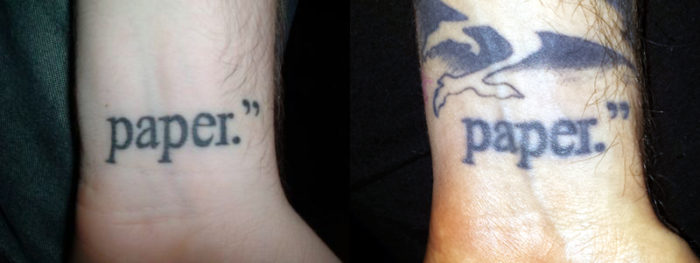Yesterday the Aurealis Award shortlists were announced, with Static Ruin making the shortlist under Best Science Fiction Novella. As both Void Black Shadow and Static Ruin were released in 2018, both were eligible, and I actually thought VBS had a better chance of earning the nomination because it’s darker and more political. But Static Ruin is deeply personal, so I couldn’t be happier to see if shortlisted.
All of the shortlists are below, taken from the Aurealis announcement here. Seeing these lists in the one place is a great reminder of how exciting and thriving a SFFH scene we have here in Australia. Congratulations to all the other shortlisted folk – I’m honoured to be featured alongside you.
2018 Aurealis Awards finalists announced
The Continuum Foundation (ConFound), organisers of the 2018 Aurealis Awards, is delighted to announce the finalists for the Awards.
Winners of the 2018 Aurealis Awards, Sara Douglass Book Series Award, and the Convenors’ Award for Excellence will be announced at the Aurealis Awards ceremony taking place in Melbourne on Saturday May 4, 2019.
2018 Aurealis Awards – Finalists
BEST CHILDREN’S FICTION
– The Relic of the Blue Dragon, Rebecca Lim (Allen & Unwin)
– The Slightly Alarming Tales of the Whispering Wars, Jaclyn Moriarty (Allen & Unwin)
– The Endsister, Penni Russon (Allen & Unwin)
– Secret Guardians, Lian Tanner (Allen & Unwin)
– Ting Ting the Ghosthunter, Gabrielle Wang (Penguin Random House Australia)
– Ottilie Colter and the Narroway Hunt, Rhiannon Williams (Hardie Grant Egmont)BEST GRAPHIC NOVEL / ILLUSTRATED WORK
– Deathship Jenny, Rob O’Connor (self-published)
– Cicada, Shaun Tan (Hachette Australia)
– Tales from The Inner City, Shaun Tan (Allen & Unwin)BEST YOUNG ADULT SHORT STORY
– “A Robot Like Me”, Lee Cope (Mother of Invention, Twelfth Planet Press)
– “The Moon Collector”, D K Mok (Under the Full Moon’s Light, Owl Hollow Press)
– “The Sea-Maker of Darmid Bay”, Shauna O’Meara (Interzone #277, TTA Press)
– “Eight-Step Koan”, Anya Ow (Sword and Sonnet, Ate Bit Bear)
– “For Weirdless Days and Weary Nights”, Deborah Sheldon (Breach #08)BEST HORROR SHORT STORY
– “The Offering”, Michael Gardner (Aurealis #112)
– “Slither”, Jason Nahrung (Cthulhu Deep Down Under Volume 2, IFWG Publishing Australia)
– “By Kindle Light”, Jessica Nelson-Tyers (Antipodean SF #235)
– “Hit and Rot”, Jessica Nelson-Tyers (Breach #08)
– “Sub-Urban”, Alfie Simpson (Breach #07)
– “The Further Shore”, J Ashley Smith (Bourbon Penn #15)BEST HORROR NOVELLA
– “Andromeda Ascends”, Matthew R Davis (Beneath the Waves – Tales from the Deep, Things In The Well)
– “Kopura Rising”, David Kuraria (Cthulhu: Land of the Long White Cloud, IFWG Publishing Australia)
– “The Black Sea”, Chris Mason (Beneath the Waves – Tales from the Deep, Things In The Well)
– Triquetra, Kirstyn McDermott (Tor.com)
– “With This Needle I Thee Thread”, Angela Rega (Aurum, Ticonderoga Publications)
– Crisis Apparition, Kaaron Warren (Dark Moon Books)BEST FANTASY SHORT STORY
– “Crying Demon”, Alan Baxter (Suspended in Dusk 2, Grey Matter Press)
– “Army Men”, Juliet Marillier (Of Gods and Globes, Lancelot Schaubert)
– “The Further Shore”, J Ashley Smith (Bourbon Penn #15)
– “Child of the Emptyness”, Amanda J Spedding (Grimdark Magazine #17)
– “A Moment’s Peace”, Dave Versace (A Hand of Knaves, CSFG Publishing)
– “Heartwood, Sapwood, Spring”, Suzanne J Willis (Sword and Sonnet, Ate Bit Bear)BEST FANTASY NOVELLA
– “This Side of the Wall”, Michael Gardner (Metaphorosis Magazine, January 2018)
– “Beautiful”, Juliet Marillier (Aurum, Ticonderoga Publications)
– “The Staff in the Stone”, Garth Nix (The Book of Magic, Penguin Random House)
– Merry Happy Valkyrie, Tansy Rayner Roberts (Twelfth Planet Press)
– “The Dressmaker and the Colonel’s Coat”, David Versace (Mnemo’s Memory and Other Fantastic Tales, self-published)
– The Dragon’s Child, Janeen Webb (PS Publishing)BEST SCIENCE FICTION SHORT STORY
– “The Sixes, The Wisdom and the Wasp”, E J Delaney (Escape Pod)
– “The Fallen”, Pamela Jeffs (Red Hour, Four Ink Press)
– “On the Consequences of Clinically-Inhibited Maturation in the Common Sydney Octopus”, Simon Petrie & Edwina Harvey (A Hand of Knaves, CSFG)
– “A Fair Wind off Baracoa”, Robert Porteous (Hand of Knaves, CSFG)
– “The Astronaut”, Jen White (Aurealis)BEST SCIENCE FICTION NOVELLA
– “I Almost Went To The Library Last Night”, Joanne Anderton (Aurum, Ticonderoga Publications)
– The Starling Requiem, Jodi Cleghorn (eMergent Publishing)
– Icefall, Stephanie Gunn (Twelfth Planet Press)
– “Pinion”, Stephanie Gunn (Aurum, Ticonderoga Publications)
– “Singles’ Day”, Samantha Murray (Interzone #277, TTA Press)
– Static Ruin, Corey J White (Tor.com)BEST COLLECTION
– Not Quite the End of the World Just Yet, Peter M Ball (Brain Jar Press)
– Phantom Limbs, Margo Lanagan (PS Publishing)
– Tales from The Inner City, Shaun Tan (Allen & Unwin)
– Exploring Dark Short Fiction #2: A Primer to Kaaron Warren, Kaaron Warren (Dark Moon Books)BEST ANTHOLOGY
– Sword and Sonnet, Aidan Doyle, Rachael K Jones & E Catherine Tobler (Ate Bit Bear)
– Aurum, Russell B Farr (Ticonderoga Publications)
– Mother of Invention, Rivqa Rafael & Tansy Rayner Roberts (Twelfth Planet Press)
– Infinity’s End, Jonathan Strahan (Solaris)
– The Best Science Fiction & Fantasy of the Year, Jonathan Strahan (Solaris)BEST YOUNG ADULT NOVEL
– Small Spaces, Sarah Epstein (Walker Books Australia)
– Lifel1k3, Jay Kristoff (Allen & Unwin)
– Catching Teller Crow, Ambelin Kwaymullina & Ezekiel Kwaymullina (Allen & Unwin)
– His Name was Walter, Emily Rodda (HarperCollins Publishers)
– A Curse of Ash and Embers, Jo Spurrier (HarperCollins Publishers)
– Impostors, Scott Westerfeld (Allen & Unwin)BEST HORROR NOVEL
– The Bus on Thursday, Shirley Barrett (Allen & Unwin)
– Years of the Wolf, Craig Cormick (IFWG Publishing Australia)
– Tide of Stone, Kaaron Warren (Omnium Gatherum)BEST FANTASY NOVEL
– Devouring Dark, Alan Baxter (Grey Matter Press)
– Lady Helen and the Dark Days Deceit, Alison Goodman (HarperCollins Publishers)
– City of Lies, Sam Hawke (Penguin Random House)
– Lightning Tracks, Alethea Kinsela (Plainspeak Publishing)
– The Witch Who Courted Death, Maria Lewis (Hachette Australia)
– We Ride the Storm, Devin Madson (self-published)BEST SCIENCE FICTION NOVEL
– Scales of Empire, Kylie Chan (HarperCollins Publishers)
– Obsidio, Amie Kaufman & Jay Kristoff (Allen & Unwin)
– Lifel1k3, Jay Kristoff (Allen & Unwin)
– Dyschronia, Jennifer Mills (Picador Australia)
– A Superior Spectre, Angela Meyer (Ventura Press)
– The Second Cure, Margaret Morgan (Penguin Random House)The Sara Douglass Book Series Award shortlist will be announced at a later date due to the volume of entries under consideration.
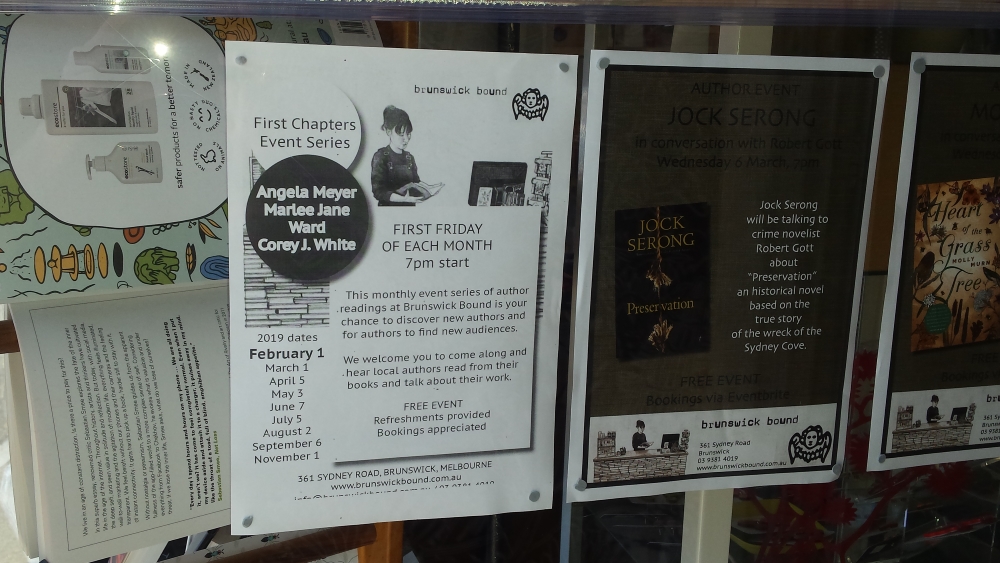 First off, on Friday February 1st,
First off, on Friday February 1st, 